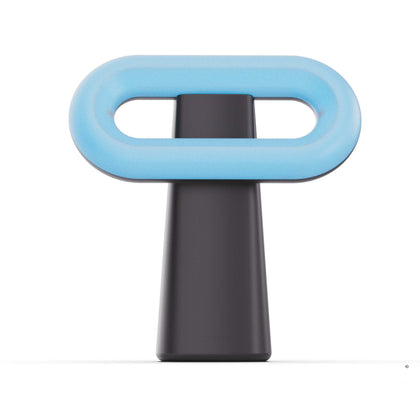
Understand your chronotype and tune in to your inner clock
|
|
Time to read 3 min
Do you wake up at the crack of dawn every morning? Or do you feel groggy in the morning but your super productive at night?
It turns out that your answer isn’t a question of motivation. Your genetics, age, and light exposure influence the natural timing of sleeping patterns, energy levels and other behaviours. Scientists categorise these differences by “chronotype.”
‘Chrono’ for time, and ‘type’ refers to different classifications.
Traditionally, researchers have categorised people by three chronotypes; early birds, night owls, and hummingbirds, who fall somewhere in the middle.
In reality, these categories represent a spectrum, with most of us falling somewhere between morning birds and night owls.
Instead of fighting against your body’s natural rhythm, it’s best to work with your chronotype. Managing the pros and cons of a chronotype starts with knowing yours.
"Your genetics, age, and light exposure influence the natural timing of sleeping patterns, energy levels and other behaviours."
What’s the relationship between the circadian rhythm and your chronotype?
Our sleeping pattern, appetite, energy level and other behaviours operate on a circadian rhythm. The circadian rhythm relies on light to align with Earth’s day-night cycle. However, even in identical conditions, not everyone’s circadian rhythm would respond the same way.
That’s because your circadian rhythm is approximately—but not precisely —24 hours. The length of your circadian rhythm decides your chronotype, with those with an internal clock shorter than 24 hours being morning birds and those with a longer internal clock being night owls.
Factors that influence your chronotype
Your genetics heavily influence your circadian clock. If both your parents were night owls, the chances are, you too are a night owl. But it turns out that in addition to your genes, several factors influence your chronotype.
AGE
Your circadian rhythm (and therefore your chronotype) changes throughout your life.
Newborns lack a fully developed circadian rhythm. That’s why they nap in short bursts and wake throughout the day and night (often at the expense of their parents). Babies and children tend to be early birds. Teenagers don’t sleep in because they’re lazy. They have a delayed circadian rhythm, and therefore, are night owls. Throughout adulthood, the internal clock gradually shortens. By around age 50, most people are well and truly early birds again.
BIOLOGICAL SEX
Women tend to be morning birds, while men are more likely to be night owls. However, these differences diminish with age.
LIGHT
Although it has biological underpinnings, environmental light exposure can influence your chronotype.
Daylight helps normalise the differences between chronotypes. If you’re a morning bird with a shorter internal clock, exposure to sunlight effectively rewinds your clock. If your night owl, on the other hand, light exposure winds your clock forward.
But if you spend most of your time indoors, and get little access to natural light, your chronotype may shift towards the extremes of the spectrum. On the other hand, exposure to blue light at night can delay your circadian rhythm, making you more of a night owl.
Can you change your chronotype?

While you can’t change your genetics, you can advance or delay your circadian clock by changing your light exposure. Giving night owls more of the right light during the day has been shown to wind their clock forward two hours, making early starts much more bearable.
There is nothing wrong with being a night owl or a morning bird (so long as you have the flexibility to live in alignment with your circadian rhythm.) However, if you have a rigid schedule, fighting against your internal clock results in social jet lag, which has consequences for your wellbeing.
Is there a connection between personality and chronotype?
Morning birds are all driven, type-A personalities. Or are they?
It’s a commonly held assumption that there is a connection between chronotypes and personality. This idea has been reinforced by Dr Michael Breus’s chronotype model, which has made waves across the internet. However, there is limited evidence to support this. A study published in 2017 found a correlation between chronotypes and the big five psychology test, although more research needs to be done in this area.
Conclusion
Understanding your chronotype can help you manage your day to better support your circadian rhythm. We hope this guide has helped simplify the process. Regardless of your chronotype, getting enough of the right light during the day is vital for good circadian health.



